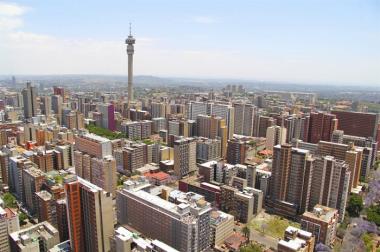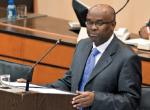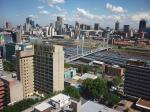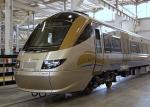Joburg aims to diversify its nighttime economy and become a 24-hour city
 Johannesburg has the potential to unleash endless opportunities for efficiency, growth and employment in the city.
Johannesburg has the potential to unleash endless opportunities for efficiency, growth and employment in the city.
The business and property investors are exploring ways that could give residents and visitors more options to enjoy Johannesburg outside of 9-5 hours under a new strategy.
Member of the Mayoral Committee (MMC) responsible for finance, Julie Suddaby, hosted an engagement session on Monday (13 June), where businesses urged the city to re-imagine a 24-hour city to unlock opportunities.
The executives said it was possible for Johannesburg to model other first-world cities such as New York, Buenos Aires or Tokyo which benefit significantly from a night-time economy. The residents and tourists in these cities enjoy the twenty-four-hour cafés, supermarkets, cinemas, gyms, public transport and other services.
Suddaby added that Johannesburg has a population of roughly 6.2 million residents – matching cities such a New York, Hong Kong and London.
However, unlike these cities, it has a far higher unemployment rate which could partly be addressed by a nighttime economy.
“Johannesburg has an unemployment rate of 40% and the youth unemployment rate is a devastating 55%. Our poverty rate is 52% and only 71% of households have access to electricity”.
Vuyiswa Ramokgopa, chairperson of the National Property Practitioners Council said Johannesburg was the heartbeat of the South African economy and that it was vital that growth in the city was kickstarted.
“Johannesburg has to work, we have no choice. It’s imperative for the government, business and stakeholders to realise the urgency to correct things.
“We need to start to think about the multi-usage of buildings in the inner-city. We need to start to move to a 24-hour city. There are so many former industrial areas, with abandoned factory buildings. We need to start thinking on how we can re-use them,”
Professor Peter Baur, associate professor at the University of Johannesburg’s School of Economics, said the city should also look into intensifying the Expanded Public Works Programme (EPWP) to both fix the broken infrastructure and lift people out of poverty.
“The kind of EPWP that was used by the United States during the great depression managed to pull the country out of economic depression, that’s the model we need to follow. We need to pay those enrolled in EPWP decent salaries, not stipends. We need to spend more on infrastructure repairs in order to grow the economy.”

















